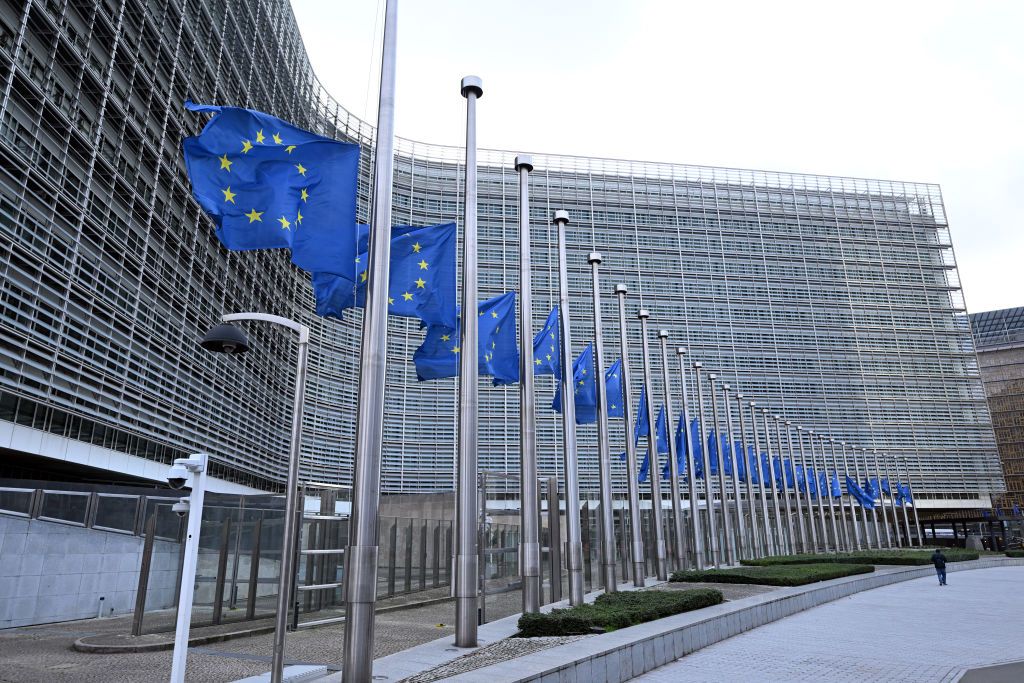The EU is considering imposing sanctions on over a dozen companies outside of the EU that are supplying Russia with weapons technology, such as navigation systems for missiles. These companies, based in countries like Turkey, the United Arab Emirates, China, and Russia, are allegedly linked to Russian and Belarusian individuals and firms. The EU’s aim is to undermine Moscow’s economic output and ability to sustain the war in Ukraine by targeting these companies that have been importing restricted European goods used by the Russian military. The EU has already adopted 13 packages of sanctions in response to Russia’s invasion of Ukraine, with the 14th package expected to be adopted this spring.
The EU’s 13th package of sanctions also targeted 106 individuals and 88 entities enabling Russia’s aggression against Ukraine, including companies from India, Sri Lanka, China, Serbia, Kazakhstan, Thailand, and Turkey. Meanwhile, the US is reportedly drafting sanctions aimed at Chinese banks that are aiding Russia’s war effort. These sanctions are intended to provide Secretary of State Antony Blinken with diplomatic leverage during his visit to China, in an effort to halt Beijing’s commercial support of Russia’s military production. The international community is taking action to curb support for Russia’s actions in Ukraine, including targeting companies and entities that are assisting in the conflict.
The imposition of sanctions on companies supplying weapons technology to Russia is part of a wider effort to hold Moscow accountable for its actions in Ukraine. The EU and the US are both actively pursuing measures to weaken Russia’s economic capabilities and reduce its ability to wage war in Ukraine. By targeting companies that are aiding Russia’s military production, the international community hopes to disrupt the flow of weapons and equipment to Russian forces, thereby weakening their ability to sustain the conflict in Ukraine. These sanctions are a form of economic pressure aimed at pushing Russia towards a peaceful resolution of the conflict.
The EU’s consideration of imposing sanctions on non-EU companies supplying weapons technology to Russia underscores the global community’s commitment to upholding international norms and addressing conflicts that threaten regional stability. By targeting companies involved in the supply chain of Russia’s military production, the EU aims to disrupt the flow of weapons and equipment that fuel the conflict in Ukraine. These efforts are part of a broader strategy to hold Russia accountable for its actions and pressure Moscow to engage in diplomatic solutions to the crisis. Sanctions are a diplomatic tool used to exert pressure on countries and entities engaged in activities that destabilize global peace and security.
The US’s move to draft sanctions targeting Chinese banks supporting Russia’s war effort reflects a broader effort to address the role of external actors in sustaining conflicts around the world. By targeting financial institutions that facilitate Russia’s military production, the US aims to cut off a crucial source of support for Moscow’s activities in Ukraine. These sanctions are designed to create leverage in diplomatic negotiations and encourage Beijing to reconsider its support for Russia’s actions. The international community’s coordinated approach to imposing sanctions on entities involved in the conflict in Ukraine demonstrates a commitment to upholding international norms and promoting peace and security in the region.
In conclusion, the EU and the US are actively pursuing measures to impose sanctions on companies and entities supplying weapons technology to Russia, as part of broader efforts to hold Moscow accountable for its actions in Ukraine. By targeting these companies and financial institutions, the international community aims to disrupt the flow of weapons and equipment to Russian forces, weakening their ability to sustain the conflict. These sanctions are a form of economic pressure intended to push Russia towards peaceful resolution and diplomatic engagement. The global community’s coordinated approach to imposing sanctions reflects a commitment to upholding international norms and addressing conflicts that threaten regional stability.















